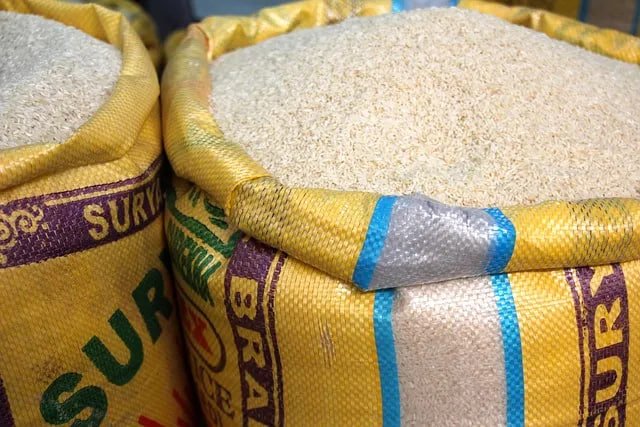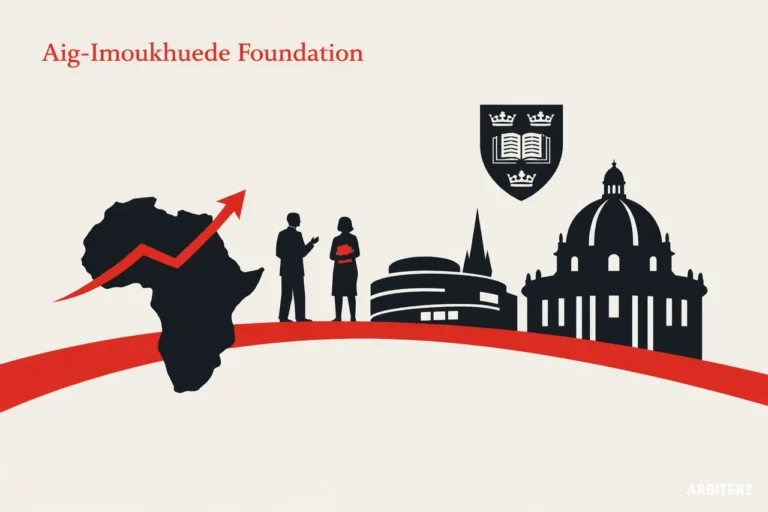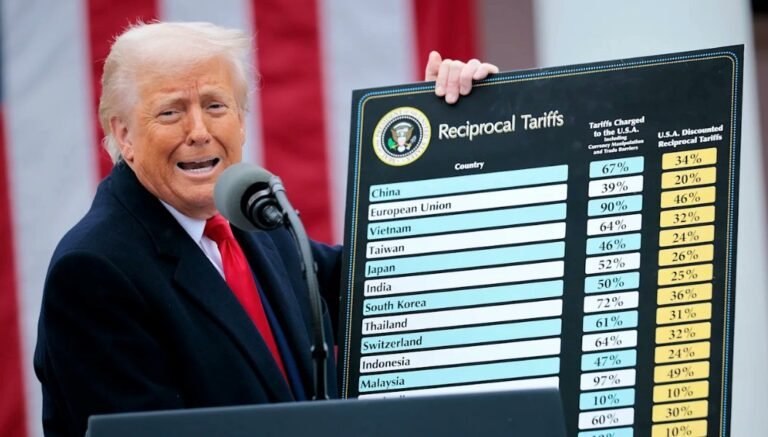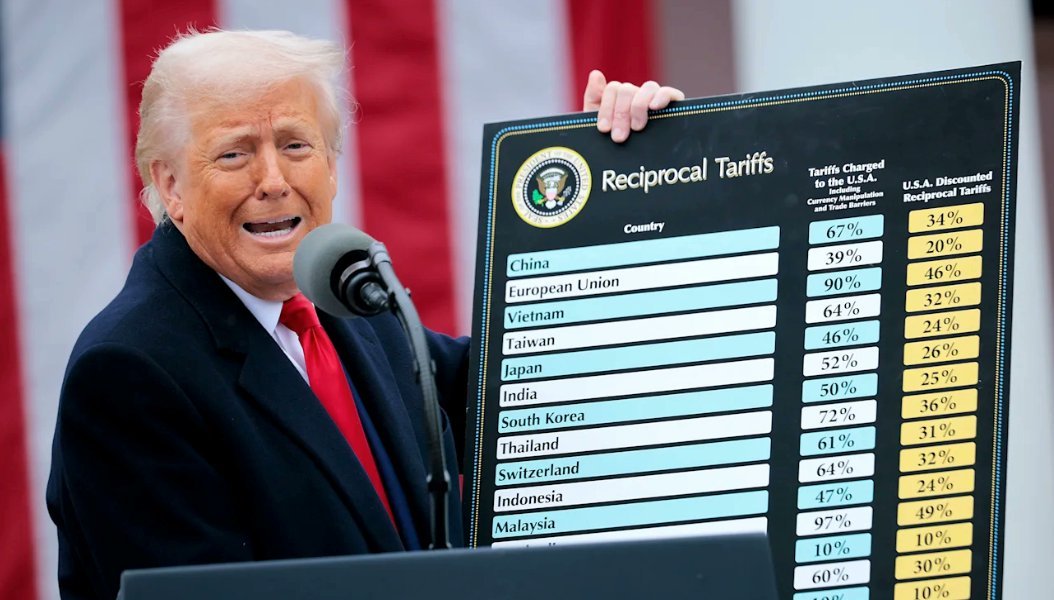Rice prices have plummeted across major Lagos markets amid a wave of increased imports and stronger local harvests, offering rare relief to consumers but triggering distress among traders. The decline follows the reopening of land borders and improved inflows of rice from both northern Nigeria and neighbouring West African countries.
According to the News Agency of Nigeria (NAN), a 50kg bag of rice now sells between ₦55,000 and ₦70,000 depending on the brand and location. Earlier in the year, the same bag traded for between ₦85,000 and ₦95,000, marking a steep decline of roughly 25% to 35% over the past nine months.
At markets such as Oyingbo, Arena (Oshodi), FESTAC Town, and Mile 12, traders confirmed that both local and foreign rice varieties have seen significant price drops. A 50kg bag of local rice that sold for about ₦85,000 in January now goes for between ₦60,000 and ₦70,000, while imported brands that once cost ₦95,000 now sell for between ₦65,000 and ₦75,000.
The price crash is attributed to a mix of improved domestic supply and increased imports through reopened borders. This has led to an oversupply that has pressured prices downwards, reversing the inflationary trend seen earlier in the year when the naira’s weakness and high transportation costs drove up food prices.
While consumers celebrate the cheaper prices, traders say the decline has wiped out their profits and trapped their working capital. At Arena Market, rice dealer Mrs. Precious Okoro lamented the sudden loss: “We are selling at a loss. I bought several bags at ₦80,000 and ₦85,000 early this year, and now I have to sell them for as low as ₦65,000. The fall came suddenly, and it’s been tough for us.”
She explained that the volatility in rice prices disrupts business planning. “Rice doesn’t spoil easily like other food items, but when prices crash this way, our capital just ties down. Some of us can’t even restock,” she added, calling on the government to stabilize the market through consistent support for local farmers and improved storage and distribution infrastructure.
Market Insights
At FESTAC Town Market, retailer Mrs. Edith Nwaruh confirmed the downward spiral, noting that brands such as Pretty Lady now sell for ₦57,000, Mama Africa for ₦62,000, Mama Gold for ₦67,000, and Big Bull Premium for ₦73,000. She linked the decline to rising supply since August, boosted by better local harvests and stronger inflows from northern states. “We have more rice in the market now. Local production improved, and imports also increased. When there’s too much supply, prices must drop,” she said.
Similarly, Odion Michael, a trader at Mile 12 Market, described the situation as “a double-edged sword.” “Consumers are happy, but traders are weeping. We want prices to be stable, not jumping or falling suddenly. Price stability helps us to plan our business,” he said.
Reopening of Borders Drives Oversupply
A rice farmer and stakeholder who preferred anonymity told NAN that the reopening of land borders triggered a surge in rice imports, creating a temporary glut in the market.
He cautioned, however, that the fall might not last, warning that prices could rebound before December as supply fluctuates and demand rises during the festive season.
At Oyingbo Market, trader Mr. Ben Chidi attributed the glut to government-backed efforts that strengthened local production and distribution. “The government’s renewed support for farmers and improved supply chains helped increase availability. Consumers are relieved, but we traders are still struggling,” he said.
Consumers Feel the Relief
For many Lagos residents, the decline in rice prices offers rare relief amid a cost-of-living squeeze. Andriana Okoromaro, a consumer, said the drop came at the right time: “At least, rice is affordable again. I used to buy a half bag because it was too expensive. Now, I can buy a full bag for the family. It’s a big relief.”
Another buyer, Oluwaseun Alade, said she hopes the trend continues into the festive season. “Rice is essential during Christmas and New Year. This drop if sustained means more families can celebrate without worry,” she said.
But not all consumers are optimistic. Ngozi Okolie noted that declining purchasing power has also played a role in reducing demand. “People don’t have much money, even with lower prices. The economy is slow, so even when goods are cheap, sales are not what they used to be,” she said.
Market Outlook
Analysts suggest the decline reflects short-term supply dynamics rather than a structural shift in Nigeria’s food economy. With border policies still in flux and inflationary pressures lingering, rice prices may fluctuate again before the year ends.
Traders are calling for policy consistency, improved local storage facilities, and long-term support for farmers to sustain affordable pricing without hurting small businesses.
The next few months will reveal whether the crash is the start of genuine price stabilization or just another brief pause in Nigeria’s volatile food market.


























